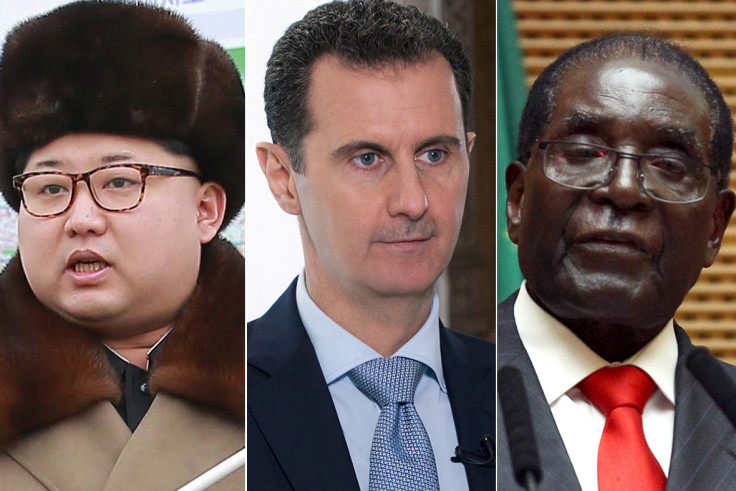Panama Papers: WikiLeaks, Anonymous call for Mossack Fonseca documents to be made public

WikiLeaks and hacktivist collective Anonymous have called for all 11.5 million documents leaked from the Panamanian law firm Mossack Fonseca to be made public.
Over a hundred media outlets around the world, coordinated by the US-based International Consortium of Investigative Journalists (ICIJ), began publishing stories on the Panama Papers – the largest whistleblower leak in history – on 3 April.
The leaked documents include emails, banking details and client records stretching back over 40 years, and detail money laundering and tax evasion among the world's elite. However, only 151 of the more than 11 million documents have been released so far to the public.
WikiLeaks suggested in a tweet that it was against the idea of the international media cherry-picking leaked documents and called for the entire data trove to be made available online on a searchable database.
.@wikileaks Yes! Information want to be free.
— Anonymous (@GroupAnon) April 4, 2016
The whistle-blowing website has released tens of thousands of sensitive military documents and diplomatic cables to the public domain since launching in 2006.
'Cherry-picking'
Craig Murray, a former British ambassador to Uzbekistan, alleged in a blog post that coverage of the Panama Papers leak has been disproportionately tilted towards regimes that have been slapped with UN sanctions.
He attributed the lack of links to Western corporations or Western billionaires to the fact that the ICIJ and its parent are funded by notable US organisations such as the Ford Foundation and the Carnegie Endowment.
Wonder why US names don't appear in the #Panamapapers? Scroll to the bottom and see who supports them.. #PanamaLeaks pic.twitter.com/jhLdNSZ27k
— Anonymous (@GroupAnon) April 4, 2016
"Russian wealth is only a tiny minority of the money hidden away with the aid of Mossack Fonseca," Murray wrote.
"In fact, it soon becomes obvious that the selective reporting is going to stink.
"The corporate media have exclusive access to the database which you and I cannot see," he went on.
"They are protecting themselves from even seeing Western corporations' sensitive information by only looking at those documents which are brought up by specific searches such as UN sanctions busters."
© Copyright IBTimes 2025. All rights reserved.




















